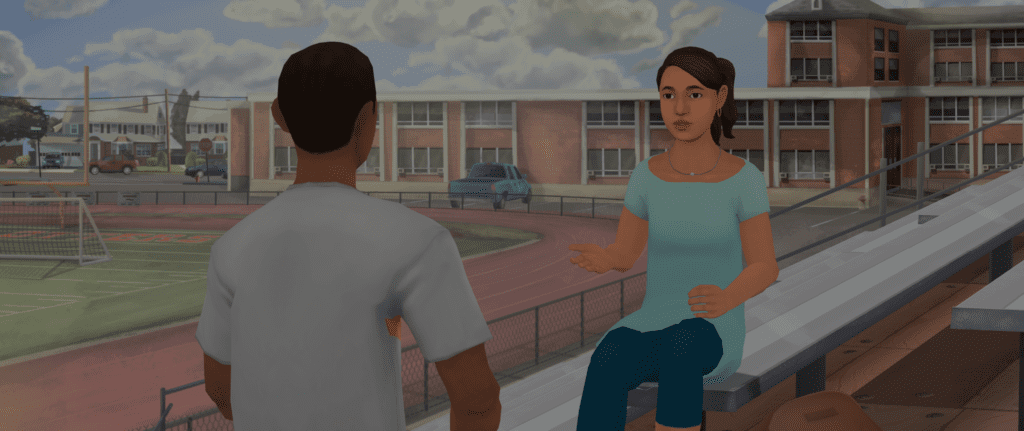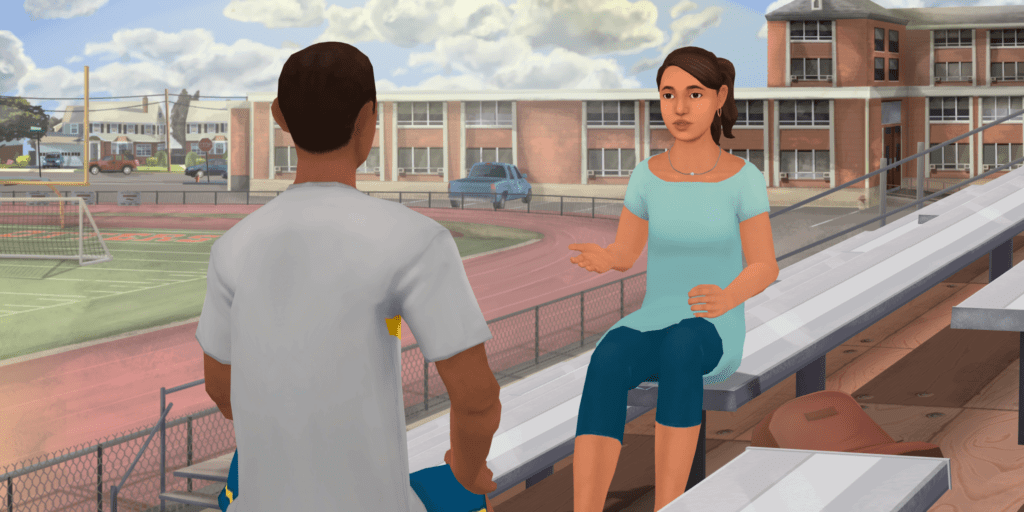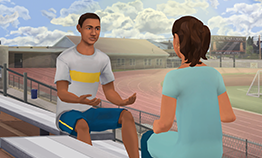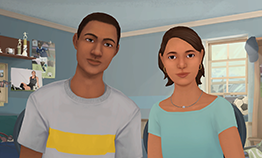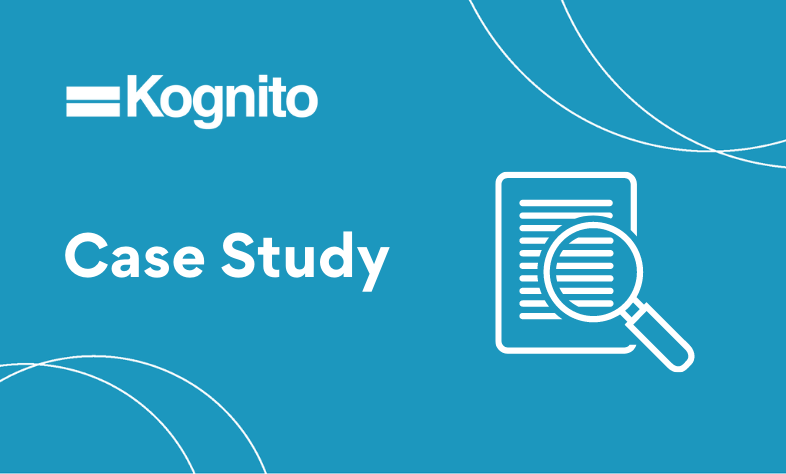Overview
Youth ages 13-18 navigate a difficult stage of social and emotional development, often turning to their friends as their first line of support. Approximately 75% of lifetime mental illness emerges during the teen years, and a national survey of high school students found that 16% of them have seriously considered suicide in the past year.
Adopted by several state, district, and nonprofit organizations nationally, this research-proven online learning module engages youth in a conversation about mental health and drives change in their skills and attitudes toward seeking help for oneself or a friend. Friend2Friend: Emotional & Mental Wellness prepares youth to recognize signs of distress, reach out to a friend they are concerned about, and help identify a trusted adult for support. Users have access to customized national, local, and school-specific resources in addition to simulation content.
The goal of Friend2Friend: Emotional & Mental Wellness is to promote peer support and lifelong wellness.
Learning objectives:
- Learn about mental health and wellness while reducing the stigma
- Identify warning signs of psychological distress, including verbal, behavioral, and situational clues
- Build skills to approach a peer in a manner to motivate them to access support
- Become comfortable asking a friend if they are thinking about suicide
CASEL Competency Alignment:
Social Awareness & Relationship Skills - strengthen communication and healthy relationship skills
- Demonstrate empathy and support help-seeking
- Identify own emotions and those of others
Self-Management & Self-Awareness Skills - develop strategies for managing stress and making healthy decisions
- Identify and use coping strategies
- Use feedback constructively
- Identify and use resources of family, school community
- Build self-efficacy and growth mindset
Responsible Decision-Making - grow critical thinking skills
- Identify solutions to personal and social problems
Skills
- Emotional awareness
- Help-seeking skills
- Empathy and active listening skills
- Stress management and coping skills
Evidence-based models and techniques, game mechanics, and key learning and assessment principles ensure users stay engaged and emerge with a deeper understanding of their ability to use their new skills in real life. Research shows that with experiential practice, increased emotional engagement and reflective thinking leads to stronger self-efficacy and behavior change.
Experienced teachers, child psychologists, and childcare experts contributed to the simulation content.
Students receive customized feedback based on their in-simulation choices.
The simulation is available online 24/7. Users are asked to complete pre-, post-, and 3-month follow up surveys to assess changes in skills. Attitudes, and behavior. Upon completion, users receive a certificate of completion. Clients have access to usage reports and evaluation data via the Kognito client portal.

Download the PK-12 Catalog
View our full catalog of simulations created to improve PK-12 communities.
